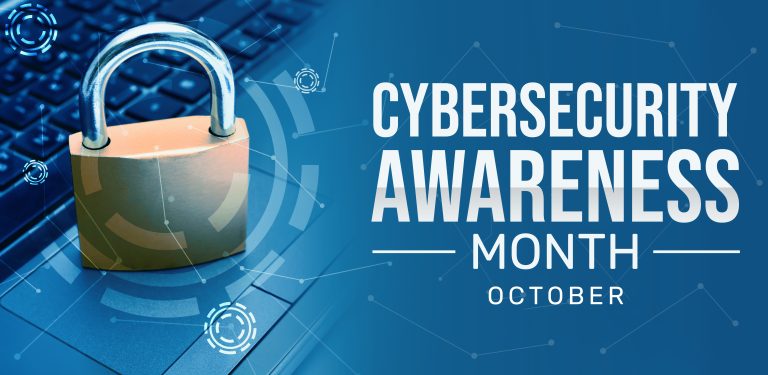UK businesses are being urged to prioritise their cybersecurity as Cybersecurity Awareness Month 2024 highlights the growing threat posed by online attacks. According to the UK Government’s latest Cybersecurity Breaches Survey, half of UK businesses suffered a cyber-attack or security breach in the past 12 months, emphasising the urgent need for stronger cyber protection measures.
In response, cybersecurity experts from e-commerce hosting provider Hypernode have outlined key practices that UK businesses should adopt to safeguard themselves against cyber threats. Milan Bosman, Commercial Director of Hypernode, stressed the importance of maintaining “cyber hygiene” to combat the increasing risks.
What is Cyber Hygiene?
Cyber hygiene refers to a series of regular practices that ensure the health and security of a business’s online systems. Similar to physical hygiene, cyber hygiene involves preventative measures that help minimise vulnerabilities, keeping both company data and digital infrastructure safe from malicious attacks.
Bosman explained, “Warnings from experts who predicted a rise in cybercrime have been validated. Cybercrime globally is expected to increase by 15% throughout 2024, and already, 32% of UK businesses report facing cyber-attacks at least once a week. As such, the importance of strong cyber hygiene measures is more crucial than ever.”
Key Practices for Cyber Hygiene
- Install Antivirus and Antimalware Software
One of the most fundamental steps businesses can take is installing antivirus and antimalware software to detect and prevent harmful programmes from compromising sensitive data. However, as viruses and malware continually evolve, it is equally important to keep this software regularly updated to remain effective against new threats. - Be Wary of Phishing Attacks
Phishing remains the most common type of cybercrime, affecting 90% of businesses that have experienced cyber-attacks. These scams involve criminals impersonating legitimate entities through emails, messages, or websites to trick victims into revealing sensitive information. Bosman highlighted the need for businesses to be vigilant and educate employees on recognising phishing attempts. - Back Up and Encrypt Data
Regularly backing up important data and storing it securely is essential to mitigate the impact of data loss or ransomware attacks. Sensitive information should also be encrypted to ensure that only authorised personnel can access it, even if hackers manage to breach the system. - Secure Wi-Fi, Strong Passwords, and Multi-Factor Authentication (MFA)
Basic security measures like securing Wi-Fi networks, using strong and unique passwords, and enabling multi-factor authentication (MFA) are critical yet often overlooked. Unsecured Wi-Fi networks and weak passwords can easily be exploited by cybercriminals. By implementing these safeguards, businesses can reduce the risk of unauthorised access to their internal systems. - Employee Education
The most significant defence against cyber threats is education. Bosman stressed that a company’s security is only as strong as its weakest link, which can often be an uninformed employee. Providing comprehensive cybersecurity training ensures all staff are equipped to recognise potential threats and maintain security standards.
Urgency for Action
As Cybersecurity Awareness Month continues throughout October, Bosman called for businesses to review their cybersecurity measures, especially if they have not been updated recently. “With the increasing frequency of cyber-attacks, businesses must ensure their staff are properly educated on the latest threats to avoid breaches in security,” he said.
The UK Government’s Breaches Survey highlights the growing risk to businesses, as more organisations face frequent cyber-attacks. Hypernode’s experts emphasise that by following basic cyber hygiene practices, businesses can significantly reduce their vulnerability to these threats and protect their operations from disruption.
This October, companies across the UK are reminded that in the digital age, maintaining robust cybersecurity practices is essential for long-term business protection.


